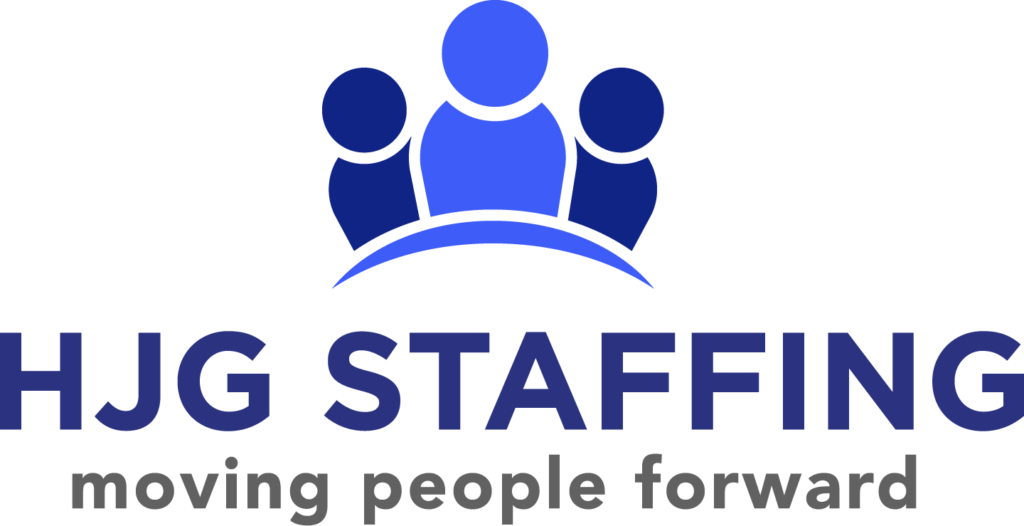We are often our own harshest critics. Self-doubt and imposter syndrome can cloud our minds and make us question if we are worthy. How do we seek & create opportunities if we don’t believe we deserve them? Similarly, even if we do believe we deserve positive opportunities, how do we find them?

- Define YOUR Success Story
Success looks different for everyone. Sometimes, without always realizing it, we define our own version of success based on what we’ve been told it should be by outside sources. Mindsets regarding money, status, fame, possessions and more can be rooted in messages from family, culture, religion, friends, society and more. It’s often a combination, and sometimes these messages are positive. However, taking a moment to evaluate your own definition of success can reveal valuable insights.
Around 1960, a man named Pete Best played drums for a band. They performed in his mother’s coffee shop. By 1962, they had made it. They were famous. This was the moment Pete Best was fired from the band that the world would soon know as the Beatles. Best struggled to find a reason to live. How could he ever amount to anything beyond this? Author Mark Mason discusses this in his book.
“Despite spending many years feeling like he was cheated, he eventually went on to be grateful for not being part of the Beatles because he never would have met his wife and had the family that he had. His values or his metric for success had shifted, and having a simple family life was what he truly wanted. He even continued playing drums, touring and recording albums into his later years” (MusicProf.Com).

So…what’s the take away? Success means different things for different people. Your ideas of success can evolve with time and experience. Try clearing your mind and envisioning what a successful life looks for you, free of outside expectations.
2. Remember: Growth = Discomfort
Nir Eyal, author and contributor of Psychology Today, speaks on comfort zones, saying, “humans are wired to escape pain and thus seek comfort. Throughout human history, this trait helped us to survive, pushing us to escape cold, stress, and hunger by constantly pursuing warmth, safety, and food.”
While our ancestors may have faced life threatening dangers, we don’t face most of those threats today. Typically, we aren’t required to hunt for our food to survive, and this clears up a lot of time and energy for the modern human. Similarly, as nice as comfort can feel, it can grow stagnant, repetitive and lackluster.
Psychology Today explains further: “We get bored. An evolutionary characteristic called hedonic adaptation makes humans adjust and adapt to any situation, so we have to always look out for new things to be satisfied.”

Without effort, opportunities might present themselves to you, but the odds increase when you advocate for yourself. This is easier said than done, and depending on factors like personality and mental health, it might feel uncomfortable to do this.
Discomfort is okay. It may not feel good, but it doesn’t mean it’s bad either. The first time we learn anything new, it’s usually not comfortable. It’s frustrating and even defeating at times. Feelings serve a purpose and can be insight into our minds; however, try to remember that feelings aren’t always synonymous with the truth. For example, you might feel like an imposter at your job, but chances are, you’re doing your best. Nerves are normal. It’s okay to be uncomfortable and scared of new beginnings, but they might be necessary to transport you to the other side.

3. Advocate for Yourself
Even if you have a team of cheerleaders advocating for you, believing you deserve opportunities comes from within. Although it may seem cliche, believing in yourself doesn’t mean living in denial of your current reality. An important tidbit to remember is that more than one thing can be true. You can feel stuck and frustrated and sad while also remaining worthy of new opportunities and positivity.
“It’s scary to apply for a job that you really want and open yourself up to rejection,” says Kayla, an artist. “My portfolio is filled with things I’ve made, so it’s hard not to take it personally,” she adds. Kayla tries to reframe rejection as a new opportunity, instead of a personal attack. “Ultimately, I don’t really know why I wasn’t hired in most cases, but dwelling on negative hypotheticals like my art being terrible is just not helpful.”
Try giving yourself grace for being human. Goals, dreams and desires to improve are healthy, but don’t forget to stop and admire your progress along the way. This builds self-confidence and reframes adversity as a chapter, not your whole story.
4. Practice Acceptance of What Is
Finally, try to accept the present. Feeling stuck and devoid of new opportunities is not ideal. Even so, fighting those feelings and your present reality won’t change that they exist. Being hard on yourself for having human emotions and navigating the unpredictability of life won’t make anything easier. Practicing acceptance of the present is not bowing to defeat. In fact, it’s integral to recognizing where you want to go and mapping how you will get there.

“I felt so stuck as a teacher. I paid to get a degree in Education and didn’t have any other job experience. When my chronic illness flared, I was sore and exhausted from teaching, but I didn’t feel I had other options,” says Liam. “I spent a lot of time feeling angry, sad and even resentful. With time, I moved through the feelings and truly accepted my reality. With that acceptance came the clarity to figure out alternative options.
Accepting the present does not mean accepting a reality you dislike. Accepting the present is not ignoring your feelings of discomfort, sadness, anger, etc. Accepting the present is allowing everything, as it is, to exist. Giving ourselves space to exist as we are in a moment is an honest expression of self-care. Acceptance offers clarity, and clarity allows us to move forward as people doing our best in the world.




